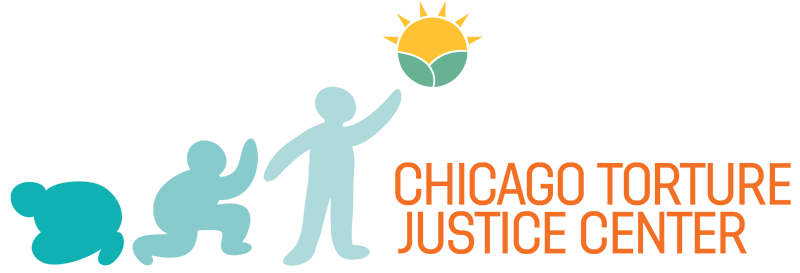Week 5: Care
“Caring for myself is not self-indulgence, it is self-preservation, and that is an act of political warfare.”
— Audre Lorde
Some questions you will often hear us at CTJC asking are, “who does it serve when we are unwell?” and “what becomes possible when we are well?” Our various intersecting systems of oppression (white supremacy, racialized capitalism, ableism, misogyny, xenophobia, heteronormativity, transphobia, etc.) have taught us to disconnect from our bodies, from our longings, from each other in pursuit of some delusion of what success looks like. Take a moment to think of the cost of this disconnection.
Has un-wellness cost you relationships? Your physical health? Emotional health? Jobs? And, what about the cost to our justice movements? When our movements are moving at a pace that is unsustainable, with expectations that are not connected to our bodies and longings, not only do we miss opportunities for transformative change, but we often do so at the expense of ourselves and each other.
When our movement work happens in communities that have not had the opportunities to build foundations of health and practices of trust, they don’t win.
Making space for caring for ourselves and each other does not make us weak or selfish. It is not a luxury to be afforded only when/if all the ‘work’ is done. It is part of our liberatory work.
We commit to care as a collective practice, the kind we must imagine and enact ourselves. A kind of care in which we act from the belief that we are not isolated, that we are undeniably connected, that we belong to one other.
We need each other in order to be well, and we need each other to be well. What becomes possible when we are well?


